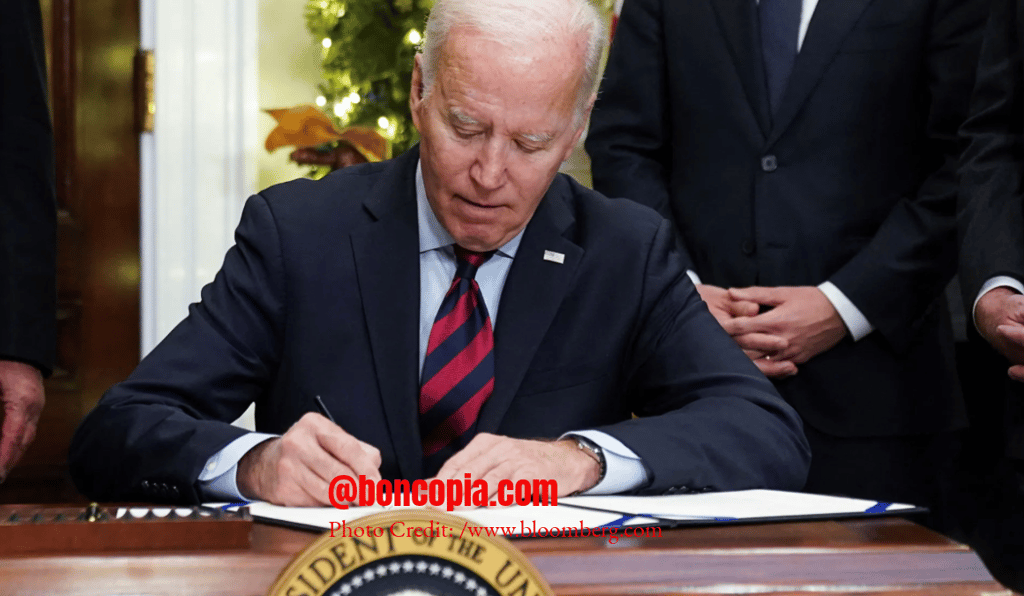The Autopen Scandal: Unpacking Trump's Latest Election Claims
5/18/20254 min read


The Autopen Scandal: Unpacking Trump's Latest Election Claims
In the ever-turbulent world of American politics, few figures stir the pot quite like former President Donald Trump. On May 17, 2025, Trump reignited a familiar fire with a bold statement claiming that the use of an "autopen" for signing pardons was part of a larger scandal tied to the 2020 election, which he insists was "rigged and stolen." This latest salvo, shared via a post on X (formerly Twitter), has once again thrust the contentious issue of election integrity into the spotlight. Let's dive into the details, dissect the claims, and consider what this means for the ongoing political discourse.
The Autopen Controversy
At the heart of Trump's assertion is the "autopen scandal," a term he uses to describe the alleged misuse of a mechanical signing device by the Biden administration. Trump argues that this practice invalidates pardons and is indicative of broader electoral misconduct. However, legal experts beg to differ. Presidents have historically used autopens for various official documents, including pardons, without constitutional challenge. The Constitution does not mandate that a president must sign documents by hand, and precedents set by administrations from Thomas Jefferson to Barack Obama support this practice.
Trump's claim that the autopen usage is part of a "bigger scandal" ties into his long-standing narrative that the 2020 election was fraught with irregularities. He accuses "Radical Democrats" of deleting evidence, pardoning allies, and orchestrating a "witch hunt" against him and his supporters. This rhetoric is not new; it echoes the sentiments expressed during and after the 2020 election, despite numerous court cases and investigations finding no widespread fraud.
Election Integrity: A Persistent Debate
The 2020 election remains a flashpoint in American politics, with Trump and his allies continually questioning its legitimacy. The post on X reiterates the claim that Trump "won the election by millions of votes," a statement that contradicts the certified results and the outcomes of over 60 legal challenges. These challenges, heard by judges appointed by both Republican and Democratic presidents, consistently found insufficient evidence of widespread fraud.
The persistence of these claims has significant implications for public trust in electoral processes. While some supporters rally behind Trump’s narrative, others see it as a dangerous erosion of democratic norms. The debate over election integrity is not just about the past; it shapes how future elections are perceived and conducted.
The Role of Social Media
Social media platforms like X have become battlegrounds for political discourse, amplifying voices and spreading information at an unprecedented rate. Trump's post, shared by the account
@DeepFakeQuote
, leverages this medium to reach a broad audience. The thread includes responses from users who either support or challenge the claims, reflecting the polarized nature of the discussion.
The use of deepfake technology, as suggested by the account name, adds another layer of complexity. It raises questions about the authenticity of political statements and the potential for misinformation. In an era where distinguishing fact from fiction can be challenging, the role of social media in shaping public opinion cannot be understated.
Legal and Historical Context
To fully understand the autopen controversy, it's helpful to consider the legal and historical context. The Constitution grants the president broad pardon powers, and the method of signing does not affect the validity of these actions. Legal scholars have universally agreed that autopens are permissible for such purposes, as evidenced by memos from the Justice Department during the Bush administration.
Moreover, the claim that the 2020 election was rigged lacks substantiation. Extensive reviews, including those by state officials and federal agencies, have found no evidence of widespread fraud. The persistence of these claims, despite legal dismissals, highlights a disconnect between perception and reality in some quarters.
Implications for the Future
Trump's latest statement is more than just a revisit of old grievances; it signals a continuation of the fight over the 2020 election's legacy. As the 2026 midterms approach, these narratives could influence voter behavior and candidate strategies. The "fight has just begun," as Trump warns, suggesting that this issue will remain a focal point in political campaigns.
The ongoing debate also underscores the need for robust election integrity measures. States have implemented various changes since 2020, such as improved voter ID laws and enhanced ballot security, in response to concerns raised during that cycle. However, the effectiveness of these measures and their impact on voter access remain points of contention.
Engaging the Reader
As we navigate this complex landscape, it's crucial to consider the broader implications of such claims. How do they shape our understanding of democracy? What role should social media play in political discourse? And how can we ensure that electoral processes remain transparent and trustworthy?
These questions are not just academic; they are at the heart of our democratic experiment. The autopen scandal, whether grounded in fact or fiction, serves as a reminder of the ongoing challenges we face in maintaining a healthy political dialogue.
Thought Questions
How do you perceive the role of social media in shaping political narratives, especially in the context of election integrity?
What steps can be taken to bridge the gap between differing perceptions of election outcomes?
How important is it for political leaders to accept and acknowledge the results of elections, regardless of the outcome?
In conclusion, Trump's latest claims about the autpen and the 2020 election are a microcosm of the broader challenges facing American democracy. They remind us of the need for vigilance, critical thinking, and a commitment to factual discourse. As we move forward, the lessons learned from these debates will undoubtedly shape the future of our political landscape.
hello@boncopia.com
+13286036419
© 2025. All rights reserved.